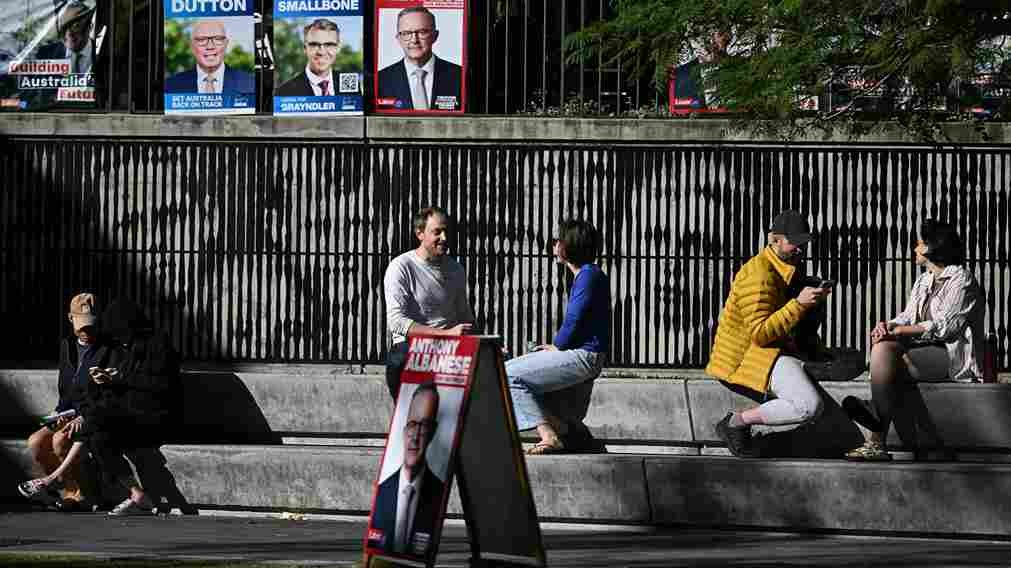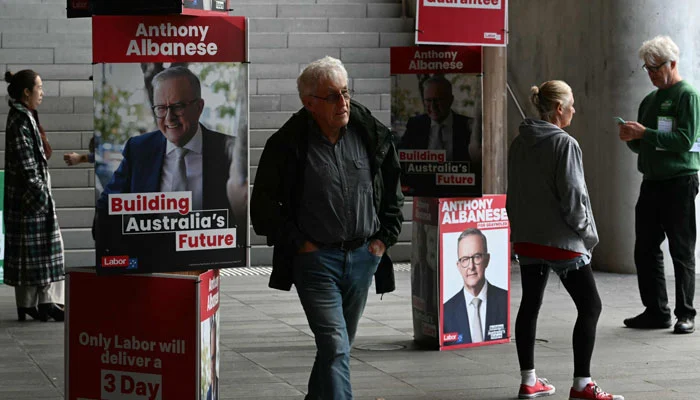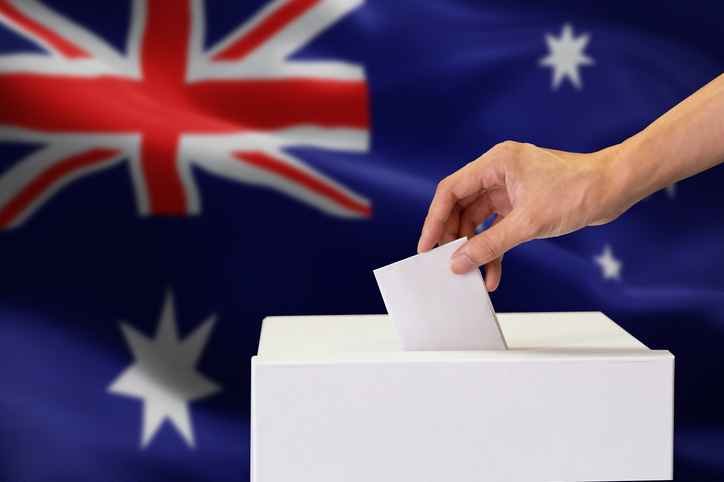Canberra (TDI): Australia is currently holding its Federal Elections, with voters across the country casting ballots for members of the House of Representatives and the Senate.
This election season, the competition is between the Australian Labor Party, led by Prime Minister Anthony Albanese, and the Liberal-National Coalition, led by Peter Dutton. In addition to the major parties, minor parties and independents are also campaigning.
Key issues such as economic management, climate policy, and national security dominate discussions. Voting is compulsory and polling stations are open nationwide for Australians to participate in the democratic process.
Over 31% of Australians have voted early in the election, indicating a shift toward voting before election day. However, polling stations in major cities like Melbourne and Sydney are experiencing long lines, with some voters having to wait for up to 80 minutes.

Key issues that affect people’s voting preferences this election include the rising cost of living, housing affordability, climate change, and national security. The ALP wants to transition to 82% renewable energy by 2030, while the Coalition supports using nuclear energy and gas as a temporary solution.
Minor parties and independents are also playing a significant role in this election. The Greens have issued “open ticket” how-to-vote cards in marginal Victorian seats, a move that has drawn criticism from Labor for potentially benefiting incumbent Liberal MPs.
In electorates like Herbert in North Queensland, candidates from Katter’s Australia Party are gaining notable support amid dissatisfaction with major political parties.

On election day, Australians enjoy traditional customs. Voters can buy “democracy sausages” at polling stations. In coastal areas like Bondi, some voters even show up in swimwear, taking part in promotions from local brands.
Recent polls show that the Australian Labor Party (ALP) is slightly ahead of the Coalition, but the final outcome is still unclear. This uncertainty is due to the influence of minor parties and independents. A hung parliament is possible, which would mean complex negotiations to form the next government.
The Australian Electoral Commission (AEC) wants everyone to take part in elections. Voting is mandatory for the 18.1 million people, who are registered voters. Those who do not vote may face penalties.
Areeba Kanwal is a contributor at The Diplomatic Insight and has passion for International Relations and diplomacy.



